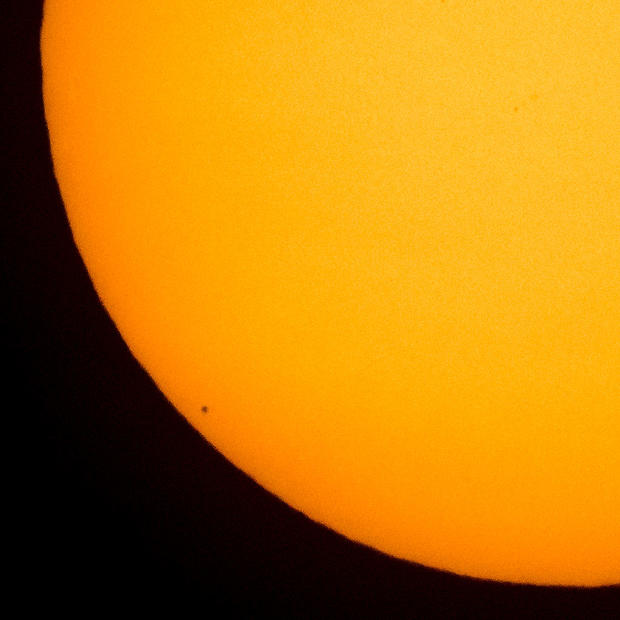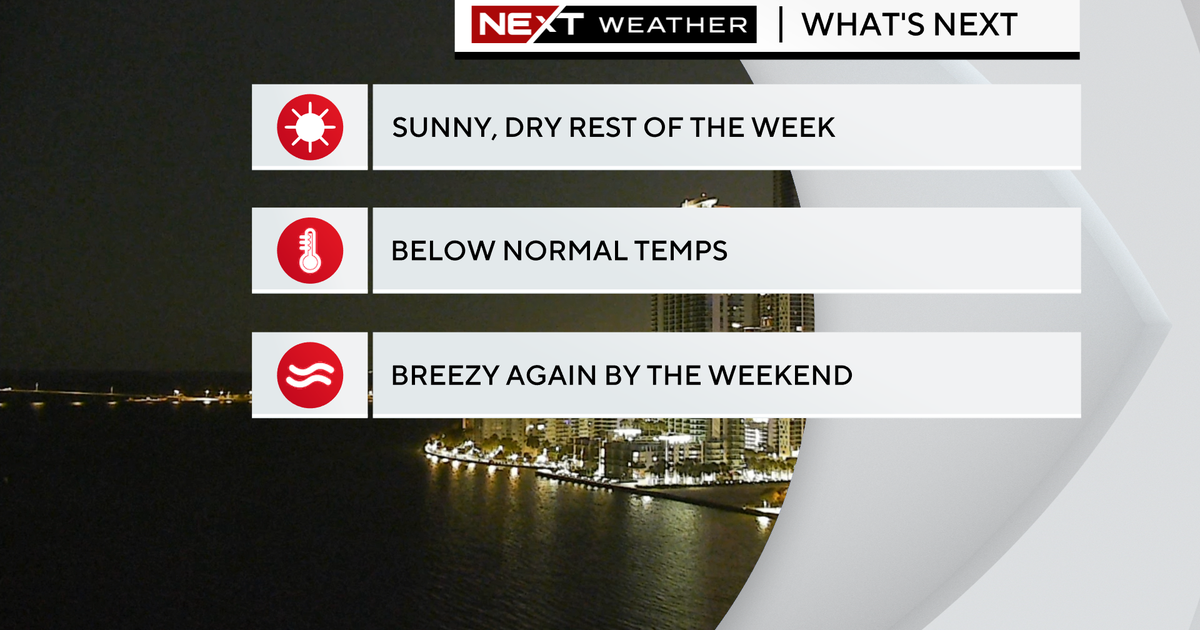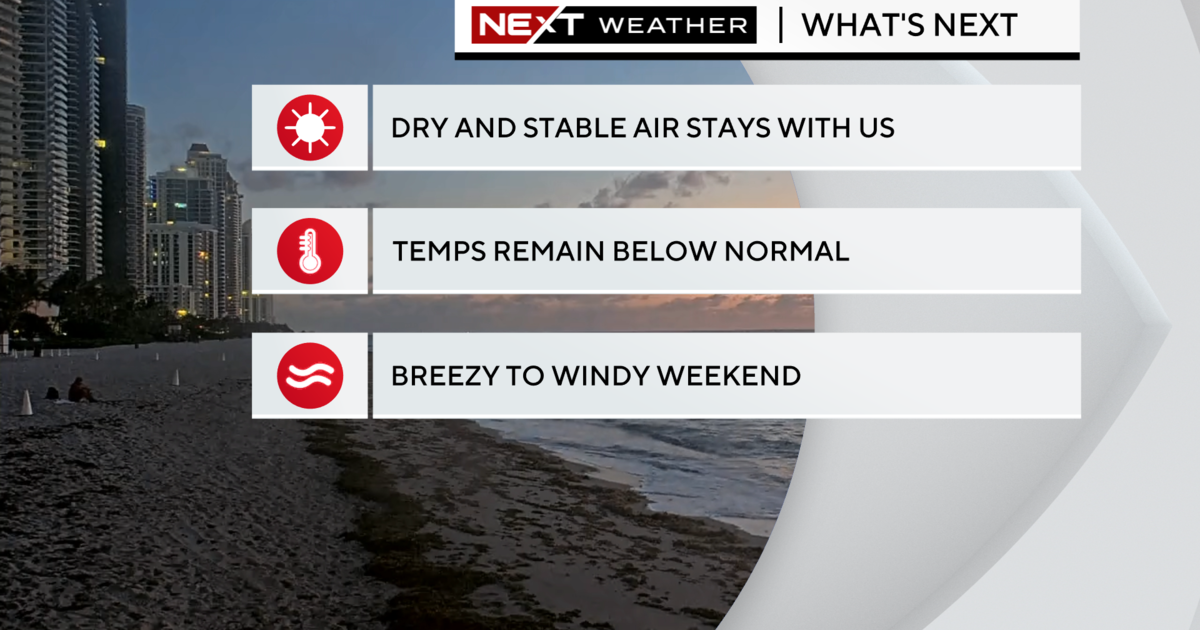Mercury Makes Rare Pass In Front Of The Sun: Here's How To Safely Watch
MIAMI (CBSMiami) -- It's time to pull out your solar filters as the planet Mercury puts on a celestial show Monday by making rare pass right across the middle of the sun.
The event is called a Mercury Transit.
NASA says it only takes place 13 times in 100 years, and it won't be seen from North America again for another 30 years, or from anywhere until 2032.
Starting at 7:35 a.m. ET, it will take more than five hours for Mercury to pass from one side of the sun to the other. That means watchers on the East Coast will be able to see the whole thing, but viewers almost anywhere in North America won't miss out, since Mercury will still be making its journey when the sun is up on the West Coast.
In fact, the only places it can't be seen from are Australia and most of Asia and Alaska, according to NASA's Jet Propulsion Laboratory.
Mercury will be close to the center of the giant star at approximately 11:20 a.m.
But, just like during an eclipse, viewers will need a solar filter since looking directly at the sun can cause permanent eye damage.
Mercury, the smallest planet in our solar system, will be just a tiny dot on the sun, so NASA recommends using a telescope with a certified solar filter.
Don't have any of those things?
There are several local viewing parties you can check out including The Frost Museum of Science in Miami where you can get real-time live views through a telescope on the building's roof from 9:30 a.m. to 1:30 p.m. Get more info at FrostScience.org/event/transit-of-mercury.
Markham Park in Weston also has telescopes set up from 6:30 a.m. to 1:15 pm courtesy of the South Florida Amateur Astronomer Society and Fox Astronomical Observatory.
The Southern Cross Astronomical Society is also provided solar filters on high-tech equipment at the Deering Estate in Miami-Dade from 9:30 a.m. - 1:00 p.m.
NASA is also live-streaming the event starting at 10:30 a.m. Monday on the NASA Facebook page at Facebook.com/NASA.
Again, remember do not look at the sun with the naked eye and do not use your regular solar eclipse glasses, especially with binoculars. According to NASA, doing this can severely damage your eyes and cause the solar film in the glasses to melt.




